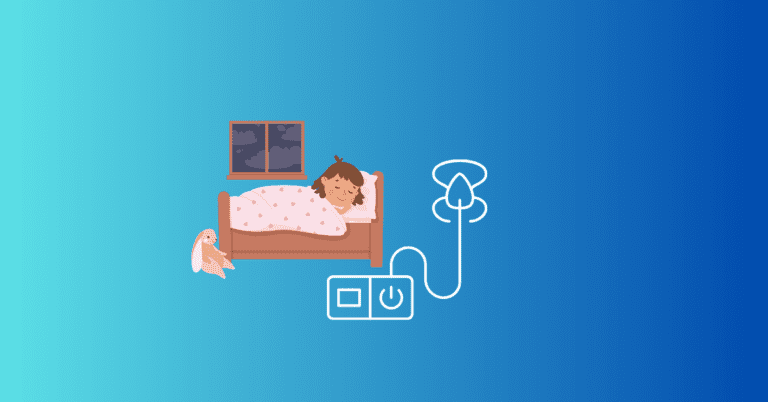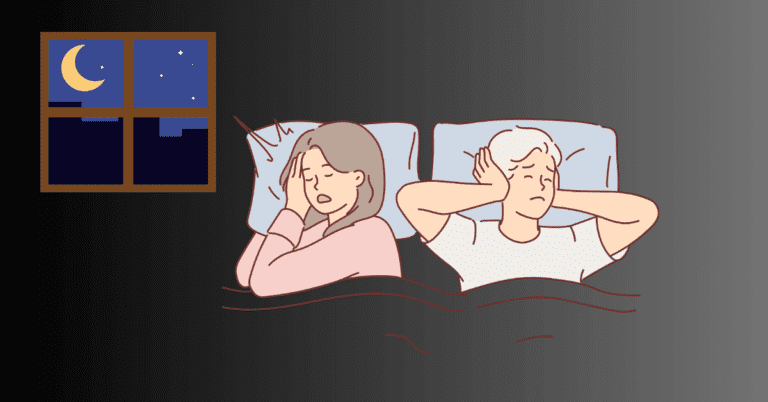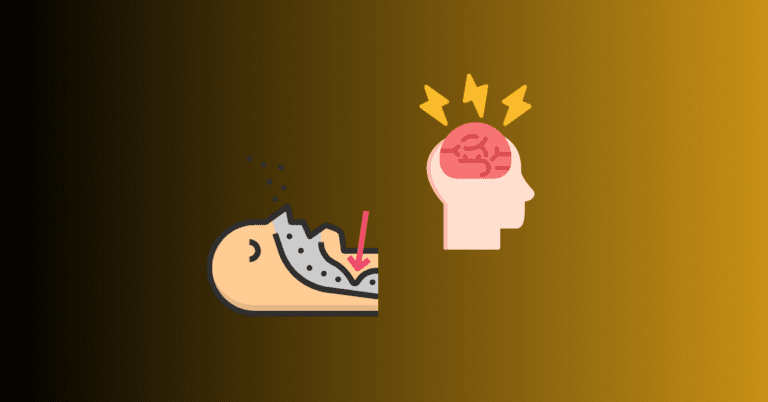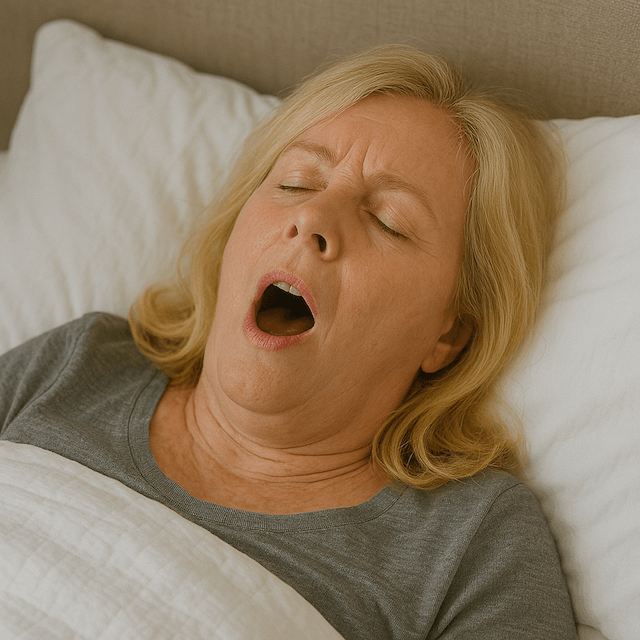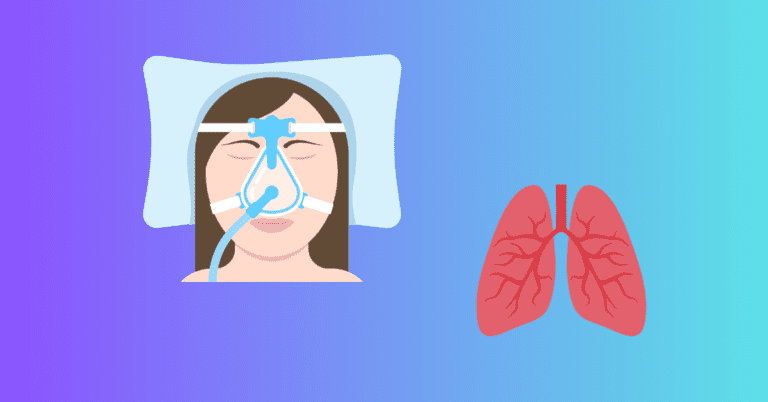How to Overcome CPAP Anxiety: Real Tips from 10+ Years of Use
Jeremy Smith is a long-term CPAP user and sleep apnea advocate. After being diagnosed with severe obstructive sleep apnea, he created ByJeremySmith.com to help others navigate CPAP therapy through personal stories, gear reviews, and practical advice.
I’ve been using CPAP therapy for over 10 years, and let me tell you—CPAP anxiety is real. Even after a decade of nightly use, I still get anxious from time to time. It’s totally normal.
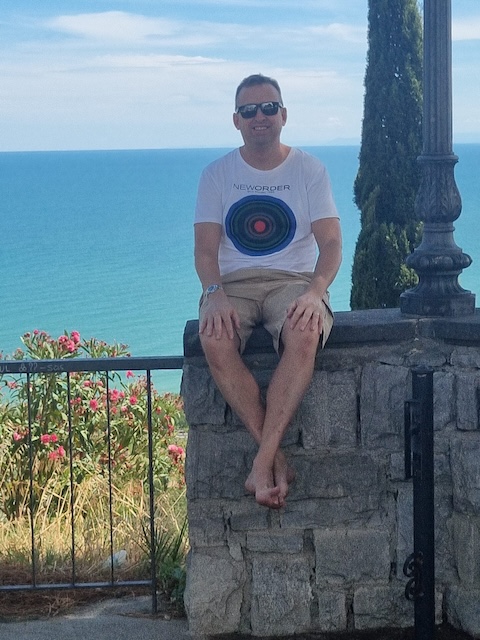
Strapping a mask to your face, hearing the hum of a machine, and trying to sleep with airflow pressure—it’s a lot to adjust to…
But you can make peace with it. Let’s walk through how.
Understanding CPAP Anxiety: Why It Happens
For many of us, anxiety around CPAP therapy starts with a loss of control. The gear can feel intrusive, even claustrophobic.
Others fear the noise, the pressure, or just the change to their routine.
If you’ve ever thought, “I can’t do this,” know that you’re not alone. CPAP and anxiety often go hand in hand—especially early on.
It’s important to recognize that anxiety is not a sign of weakness. It’s your brain trying to protect you from something unfamiliar. Once you accept that, you can start to retrain how you respond.
Common Fears and Concerns With CPAP Therapy
Here are some common anxieties:
- Fear of suffocation or not being able to breathe
- Feeling trapped or claustrophobic in the mask
- Embarrassment or discomfort around a partner
- Struggling to sleep while adjusting to the machine
- General health anxiety triggered by the therapy
I’ve faced all of these myself. I’ve found that the key is to name your fear, then take small steps to face it.
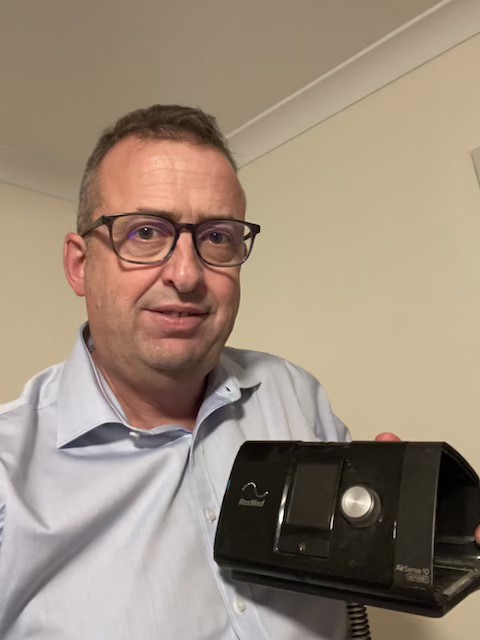
The First Step: Taking It Slow and Building Comfort
Don’t force yourself to wear the mask all night from day one. Start by wearing it while you watch TV or read in bed. Just 10–15 minutes a day of “practice” time can help ease your brain into feeling safe with the setup. Familiarity builds confidence.
Think of it like breaking in a new pair of shoes—consistency wins.
Choosing the Right CPAP Mask for Less Stress
The wrong mask can make anxiety worse. A heavy, bulky mask might feel like a muzzle, while a nasal pillow design can feel light and barely there. Everyone’s different—so don’t be afraid to experiment.
A few things to consider:
- Nasal pillows are great for minimal contact
- Full-face masks work better if you breathe through your mouth
- Try mask liners to reduce irritation
I had to try three different masks before I found the one that worked. Totally worth it. If you need help choosing, here’s my guide to the best CPAP masks for side sleepers, which includes comfort-focused options.
Creating a Calming Bedtime Routine
If you jump into bed feeling tense, your CPAP won’t stand a chance. Build a wind-down routine:
- Dim the lights an hour before bed
- Do some light stretching or meditation
- Listen to soft music or nature sounds
- Avoid caffeine 8 hours before bedtime
- Avoid alcohol 2 hours before bedtime
- If you take medication before bed, ask your doctor if this could affect your therapy.
Creating a ritual around sleep cues your body that it’s time to rest, and reduces CPAP anxiety before it starts.
Practicing Mask Desensitization Techniques
This is a game changer. I’ve found this can really help.
Try these steps:
- Hold the mask in your hand while you relax
- Next, hold it to your face without strapping it on
- Then wear the mask with the machine off
- Finally, wear it with the machine on while you’re awake
Build up gradually. This process rewires your brain’s reaction to the mask.
Using CPAP While Awake to Reduce Fear
I often recommend wearing your CPAP during the day—while reading or watching Netflix.
This tricks your brain into seeing the mask as a normal part of life, not something to dread. I did this a lot early on, especially when I felt panicky about bedtime.
It’s low-stakes exposure therapy. Over time, your nervous system calms down.
How Humidifiers and Quiet Machines Can Ease Discomfort
Dry air and loud machines only add to the discomfort. Modern CPAP machines are super quiet, and many have built-in humidifiers. These upgrades can help reduce physical discomfort, which in turn helps lower CPAP anxiety.
Also, look for a heated hose—these prevent rainout and help with sinus dryness.
Need help choosing? Here’s my breakdown of the best CPAP machines of the year.
Mindfulness, Meditation, and Breathing Exercises
Breathing is a powerful tool. When anxiety kicks in, try:
- 4-7-8 breathing (inhale 4 sec, hold 7, exhale 8)
- Guided meditation apps like Headspace or Calm
- Visualization (imagine a safe, peaceful place)
I still use these techniques when I feel overwhelmed. They really help.
If you’re new to mindfulness, check out my favorite relaxation tools for CPAP users that pair perfectly with your bedtime wind-down.
When to Talk to a Sleep Specialist or Therapist
How to Overcome CPAP Anxiety.
Sometimes, CPAP and anxiety feed off each other in a loop. If you’re feeling stuck, there’s no shame in asking for help.
A sleep specialist can adjust your settings. A therapist, especially one trained in CBT—can help you unpack deeper fears.
One reader shared how a few sessions of cognitive behavioral therapy helped them sleep with CPAP for the first time in years. Don’t go it alone.
CPAP Support Groups and Online Communities
You’re not alone in this. Join CPAP support forums or Facebook groups. Sharing stories, struggles, and wins makes a difference. You’ll meet people who’ve been there and made it through. You can find me there too. 🙂
Check out my personal story, where I talk about how CPAP cured my anxiety around sleep and gave me my life back. Community is everything.
Celebrating Small Wins and Long-Term Benefits
If you wore your mask for just one hour last night, that’s a win. Track your progress with apps or journals.
Over time, your body and mind will adjust. You’ll sleep better, feel better, and fear will fade.
I can honestly say that CPAP therapy turned my life around. Before treatment, I used to wake up with splitting headaches, foggy mornings, and crushing migraines.
Now, even when I get anxious, I remind myself: this machine is helping me live, and it’s my best buddy.
Disclaimer: The content on this blog is for informational and educational purposes only and is not a substitute for professional medical advice. Always speak with your doctor or sleep specialist before starting, stopping, or changing any treatment or therapy related to sleep apnea or CPAP use.
